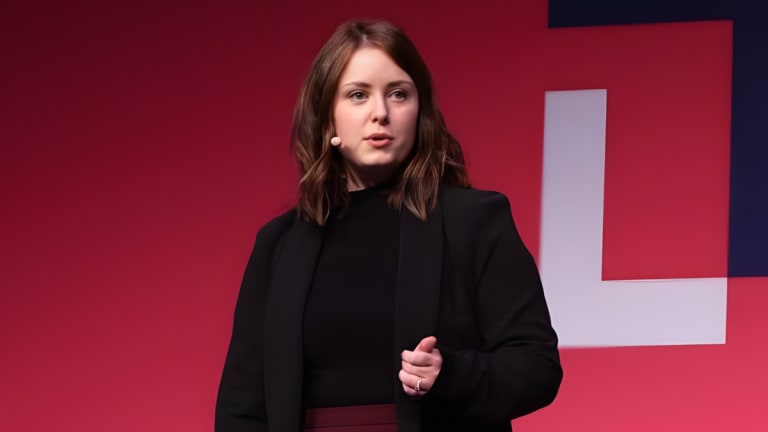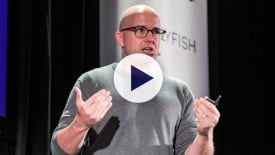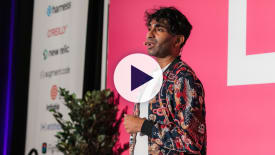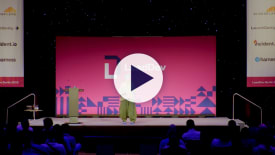Register or log in to access this video
You spend a lot of your workday thinking, but how much time do you spend rethinking? Failure to challenge our own assumptions can lead us to miss big opportunities. Sometimes, failure to rethink can even have deadly consequences.
Through real-world examples from NASA’s Challenger explosion to Blackberry’s failure to thrive, we’ll examine how thinking like a scientist can make us a better leader and improve team dynamic.
You’ll learn how to challenge your assumptions, encouraging you to actively seek out information that challenges your views.
You’ll learn how to inspire a learning mindset in our teams through a strong foundation of psychological safety and promoting constructive conflict.
And you’ll learn why we should replace a culture of “best practices” with a learning culture.
We’re quick to update our possessions. When our clothes are out of style, we go shopping. When our phones are old, we replace them. So why shouldn’t we update our opinions and assumptions? It’s time we stop listening to views that make us feel good and seek out views that make us think hard.
Key takeaways
- Replacing “best practice” culture with a learning culture at work improves psychological safety and efficiency.
- Frequently updating our own views makes us a stronger leader.
- Challenging others to open their minds and potentially change their views strengthens team bonds and allows for healthy discussions.





